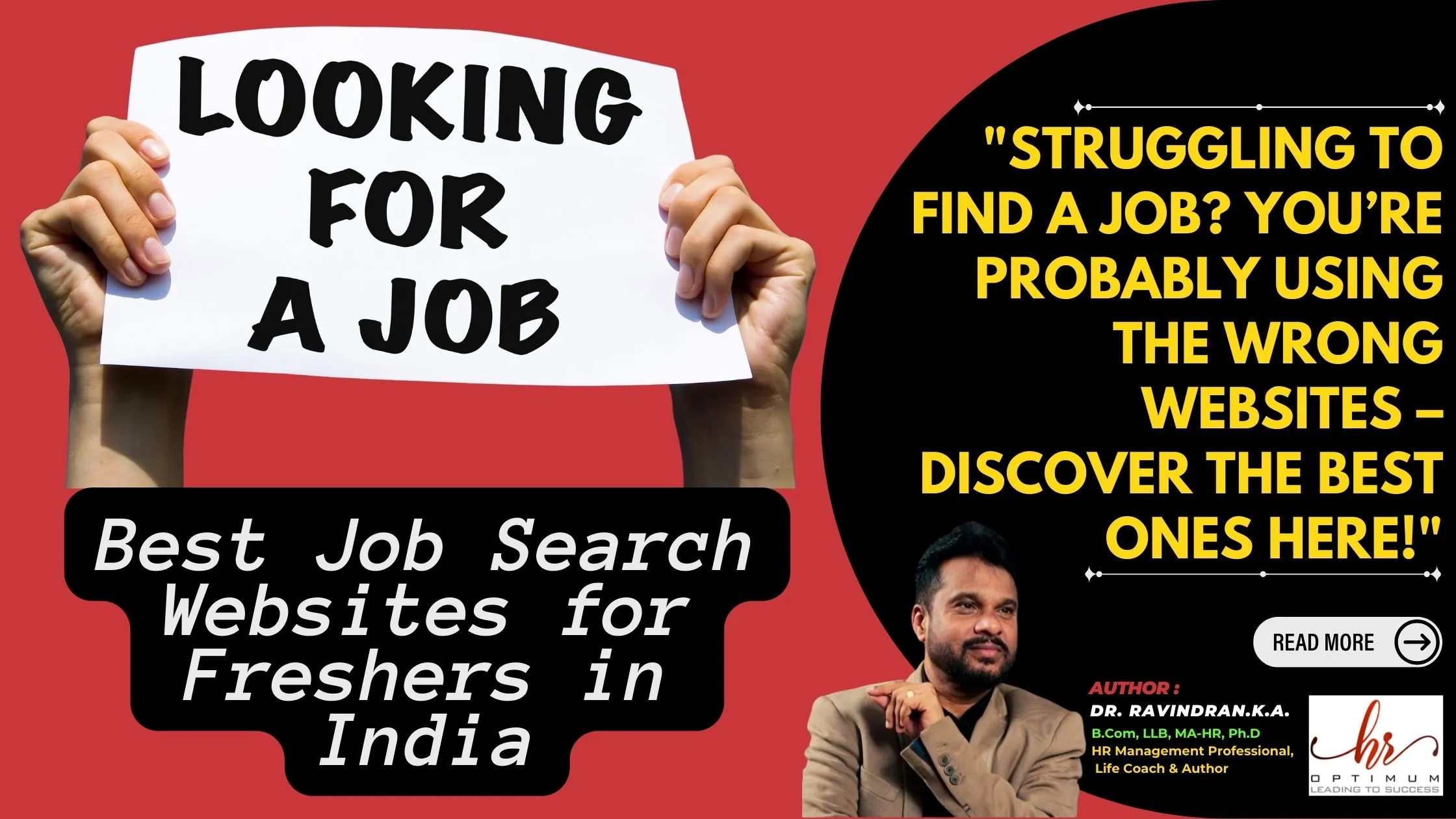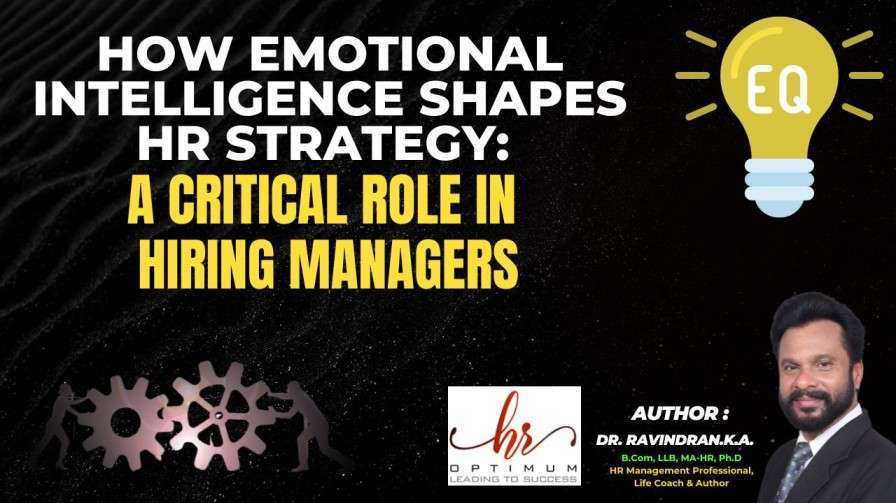Cultural Fit in Recruitment | Importance and Best Practices
A company’s success depends on its workforce being skilled and sharing its culture and values. Cultural fit in recruitment is about seeing if a candidate’s personal values and work style match the company’s organizational culture. It’s key for a peaceful work environment, increased employee engagement, and lasting success. This article will look at why cultural fit in recruitment matters. We’ll also give tips on how to pick the right candidates for your company’s culture.
Thank you for reading this post, don't forget to subscribe!Key Takeaways
- Cultural fit is essential for creating a harmonious and engaged workforce.
- Evaluating candidates beyond resumes, such as through behavioral interviews, is crucial for assessing cultural fit.
- Assessing values alignment and team dynamics are key components of the cultural fit evaluation process.
- Effective cultural fit assessments can help identify candidates who are the right “culture add” for the organization.
- Balancing cultural fit with diversity and inclusion is important for building a strong and innovative team.
Understanding the Concept of Cultural Fit
The idea of cultural fit in hiring links closely with organizational culture. This culture includes shared beliefs, values, and ways of doing things. It shapes the work environment, impacts how employees feel and act, and affects the company’s success.
Defining Organizational Culture
Organizational culture is a mix of things making a company unique. It includes how people interact and make decisions. This culture is in everything the company does.
The Role of Cultural Fit in Recruitment
In hiring, cultural fit looks at how well a candidate’s values and work style match the company’s culture. It’s important that they not only have the skills needed but also fit in well. This way, they can help the company succeed.
Benefits of Hiring for Cultural Fit
Paying attention to cultural fit offers many pluses for employers. It boosts employee engagement and improves teamwork. It also strengthens the sense of company values and organizational culture.
Choosing based on cultural fit can help promote diversity and inclusion too. It allows for a workforce where different views and experiences can lead to new ideas and solutions.
Cultural Fit in Recruitment
When hiring, looking at cultural fit is key. It ensures new employees match not only the job but also the company’s vibe. This way, we find those who share the same values and will work well in the team and company.
The process involves checking if a job-seeker’s values, style of work, and traits match the company’s culture. This check helps companies choose well. They look for not just skills but also how well someone fits in.
Focusing on cultural fit helps businesses create a happy, aligned workplace. This makes employees work well together, boosts their interest in their work, and helps the company succeed in the long run.
Indeed, cultural fit is vital for a strong, united work team. Checking if candidates fit the company’s culture closely matters a lot. Companies can be sure they are bringing in people who can help their unique culture grow and succeed.
Evaluating Candidates Beyond Resumes
Résumés and academic records give useful info about what a candidate knows. But, they often miss showing who the person really is and if they’d fit well with the company’s culture. Traditional screening methods mostly look at technical skills and don’t focus on cultural alignment.
The Limitations of Traditional Screening Methods
Just using résumés and regular interview questions can make checking for a cultural fit hard. These methods are good at showing what a person can do at work but miss out on seeing how their values and work style match an organization’s culture.
Incorporating Behavioral Interviews
Employers are now using behavioral interviews more to get past these issues. These interviews look into a candidate’s past experiences, how they make decisions, and their teamwork skills. They give a better look at how someone would fit in the company’s culture and work setting.
Values Alignment Assessment
Finding if a job candidate’s values match the company’s is very important. It helps see if they fit well in the company’s culture. This means looking for people whose beliefs and values are similar to the company’s.
Identifying Core Organizational Values
The organization needs to first clearly state its core values. These values form the basis of the company’s culture. They affect how employees work together, decide, and do their jobs. Common values are like those focused on innovation, honesty, working together, or making the customer top priority.
Assessing Candidate Alignment
After setting the core values, employers can check if a candidate’s values match. They do this through interviews, tests, and by learning about the candidate’s personality. It helps see if they think and act in ways that are good for the company. This way, hiring managers can find the right people for the job.
Looking closely at values is key to a strong and happy team. When employees share the company’s core values, they do better at work. They help the company succeed and stay for a long time. Hiring people whose values fit the company’s is crucial. It makes sure the new team is not just great at their jobs but also ready to support the company’s goals and culture.
Team Dynamics Evaluation
It’s key to look at how someone fits into a team, not just their personal culture fit. Every team has its own way of communicating and working together. Knowing about these team dynamics helps see if a new member will do well in the team.
Understanding Team Culture
Over time, teams develop their own special culture. This culture comes from team members’ personalities, how they talk, and their habits when working together. To understand a team’s culture, look at how they make decisions, solve problems, and do their work.
Assessing Candidate Fit with Team Dynamics
Employers should check if a candidate’s way of working, talking, and solving problems fits the team. This check involves interviews, group tasks, and talking to their references. It helps find out how well someone might add to the team.
Culture Fit Assessments
Finding the right cultural fit is key during hiring. It lets companies find people who match their values and behaviors. Companies need to create detailed tests to check for this.
Designing Effective Assessment Tools
They might use personality tests, judgment exercises, and interviews. Tests like the Myers-Briggs or Big Five show how someone works and thinks. Exercises test how they’d handle situations based on the job’s values.
Interviews are also important. They let employers dive into a candidate’s past and worldviews. This way, they can see if the person really fits the company’s core values and teamwork spirit.
Interpreting Assessment Results
It’s crucial to understand what the company values in culture. This helps in making sense of the test results and behaviors. Employers should look for matches and areas that might not fit well. This makes it easier to choose someone who will help the team grow and succeed in the long term.
Diversity and Inclusion in Recruitment
Hiring for cultural fit is key. However, keeping the workforce diverse and inclusive is just as crucial. Employers need to find a balance. This means choosing candidates both for fitting in with the company and for bringing new, valuable skills and viewpoints.
Balancing Cultural Fit and Diversity
It’s vital to look at cultural fit without overlooking diversity. Employers should actively recruit people from various backgrounds. This makes their team more dynamic and innovative. Different ideas and viewpoints will flourish in a diverse workplace.
Promoting an Inclusive Culture
To succeed with a diverse team, an inclusive culture is a must. Companies must have policies that support and respect individual differences. This fosters open communication and ensures everyone gets fair chances for development. When employees feel they belong and their contributions are valued, the diverse team’s full potential is unveiled.
Hiring for Cultural Fit
Hiring based on cultural fit needs a smart recruitment plan. Employers must show their company’s values and culture clearly from the start. This helps bring in candidates who not only have the right skills but also fit well with the team.
Aligning Recruitment Strategies
To attract the right people, job ads should clearly share what the company values. They should also show what it’s like to work there. This way, job seekers can quickly know if they would fit in. Employers can also use their brand to highlight what makes their workplace unique. By using different ways to find candidates, like through friends or special events, they can identify those who match the culture well.
Onboarding and Ongoing Support
But hiring isn’t the end of it. New hires need support to blend in and succeed. A good start, with clear goals and team traditions, helps them feel part of the company quickly. Regular feedback and chances to learn more keep employees happy and connected. This strengthens their commitment and makes them want to stay longer.
Company Values and Organizational Culture
A positive organizational culture is key. It’s rooted in clear company values. These values guide how staff interact and decide things. They also influence their work approach. Celebrating organizational culture and putting employee engagement first makes employees feel they belong. It inspires their loyalty and helps a company succeed over time.
Defining and Communicating Company Values
It all starts by shaping core company values. These should mirror what the organization stands for and believes in. It’s important to clearly share these values with all workers. Use ways like new employee training, building team spirit, and mentioning them often in company messages.
Fostering a Positive Organizational Culture
After setting company values, the focus shifts to nurturing a good organizational culture. One that lives by these values. This includes initiatives like making everyone feel welcome, promoting teamwork, and praising those who show the company’s values daily. By focusing on employee engagement, a culture of innovation flourishes. This attracts and keeps the best employees, leading to long-term success.
Hiring for Culture Add
The concept of cultural fit has long been important in hiring. But recently, “culture add” is becoming more key. It’s a shift from just matching the existing culture. Now, companies see the benefit of adding people who bring something new to enhance their culture.
The Concept of Culture Add
Culture add means hiring people who may differ from the current culture but offer unique skills and perspectives. This diversity can boost a company’s creativity and inclusivity. By welcoming different backgrounds, companies create a more dynamic and welcoming space.
Identifying Complementary Traits and Skills
When hiring for culture add, it’s important for employers to spot more than just a match in culture. They should see the additional skills and traits the job seeker offers, like creative problem-solving abilities, cross-cultural communication skills, or unique industry expertise. Recognizing and valuing these extras helps build teams ready to innovate and grow.
Candidate Assessment Techniques
To check if a candidate fits with your company’s culture, you need more than a look at their resume. A mix of methods is key. These include structured interviews, situational judgment tests, and work samples. They help you learn about a candidate’s values, how they work, and if they’d add positively to your team’s culture.
Structured Interviews
Structured interviews are a great way to see if a candidate fits in. They use set questions. These questions help you learn about the candidate’s values and how they make decisions. Employers especially benefit by asking about real-life work situations. This shows how the candidate might work with your team.
Situational Judgment Tests
Situational judgment tests (SJTs) are another method. They ask candidates to pick the best action in different work scenarios. SJTs help employers see a lot, like a candidate’s problem-solving skills. This gives insight into how well they might fit with your organization’s culture. They’re good at checking cultural competence and people’s abilities to work in varied teams.
Work Samples and Role-Play
Having candidates do work samples or role-plays is very telling. Employers can watch how a candidate actually acts and solves problems. This mirrors real work situations. Seeing someone in action lets you spot how they’d interact with your team and contribute to your company’s culture.
Combining these techniques gives a deep view of a candidate. Employers can better gauge their alignment with your company’s culture. It shows if they could do well in your team’s environment.
Conclusion
In conclusion, checking if job candidates fit in with a company’s culture is key. It helps make the workplace more harmonious and successful. Employers match candidates with the company’s values and working style to pick the best fit. This leads to happier employees, better team work, and the company’s success over time.
It’s important for workplaces to be both diverse and inclusive. Getting the right cultural fit without losing diversity matters a lot. Employers aim to find people who add to the company’s culture in a positive way. They look for those who bring new thoughts and skills to help the company thrive.
Choosing employees that fit your culture well can boost the environment in your workplace. Workers are more into their jobs, work better together, and care about what their company stands for. This can make the company’s work life more productive, keep employees around longer, and make its brand strong. All of this helps the company succeed for a long time, even in a tough business world.
FAQ
What is cultural fit in recruitment?
Cultural fit in recruitment checks if a candidate’s values and work style match a company’s culture. It’s about seeing if they will work well in that environment and share the same beliefs.
Why is cultural fit important in the hiring process?
It’s vital because it makes the workplace more harmonious and engages employees better. Candidates who fit culturally are likely to be more productive and aligned with the company’s mission.
How can organizations assess a candidate’s cultural fit beyond their resume?
Employers should use behavioral interviews and assessments that focus on values. They should also look at how a candidate would fit within their team.
What are the benefits of hiring for cultural fit?
It improves employee engagement and teamwork. It leads to job satisfaction and a better company culture. Plus, it can lower turnover rates.
How can organizations balance cultural fit and diversity in the hiring process?
They should look for candidates who fit culturally but also add new skills and ideas. This ensures they maintain a diverse and strong workforce.
What is the concept of “culture add” in hiring?
“Culture add” is about adding individuals who can enrich the company’s culture. They don’t just fit in but bring new ideas and perspectives, promoting diversity.
What are some effective techniques for assessing cultural fit during the recruitment process?
Techniques like structured interviews and role-play offer insights into a candidate’s fit. These methods dig deep into their values and suitability for the workplace.
 hroptimum
hroptimum



